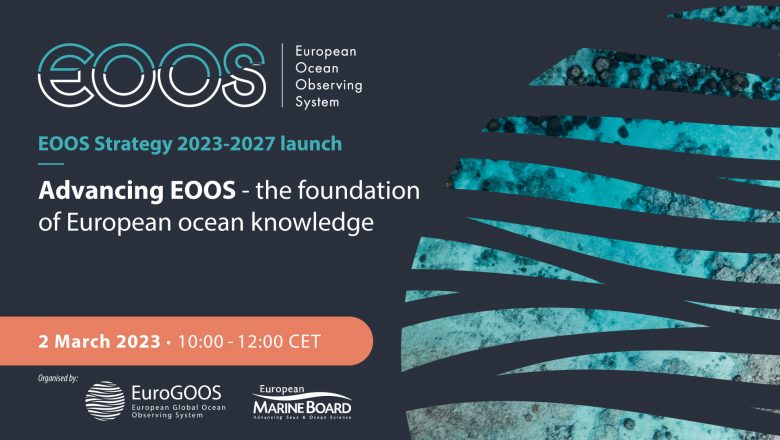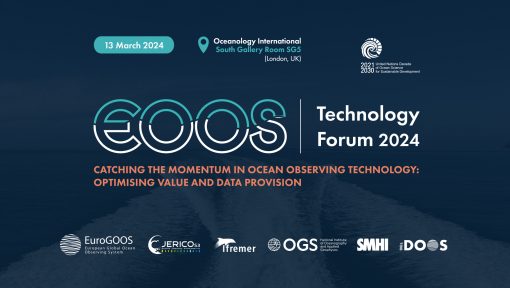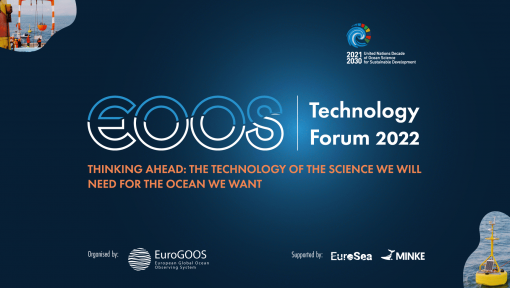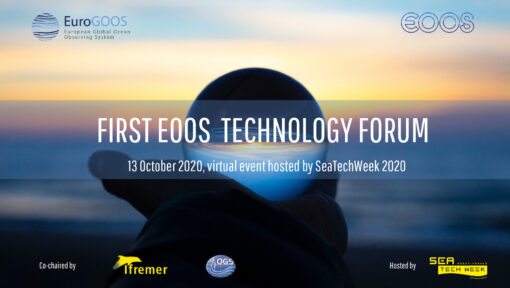Europe needs strong and connected ocean observing capacities. This is necessary to understand, benefit from and respond to the dynamic ocean environment that is essential for life on Earth, especially in the face of ongoing climate change and its implications for European societies. By synergistically federating and further developing its ocean observation capabilities as the European Ocean Observing System (EOOS), Europe will enhance the effectiveness and efficiency of efforts to understand its ocean, seas and coastal waters.
EOOS is the infrastructures, platforms, sensors and people that gather this essential data and information about Europe’s ocean, seas and coastal waters. Effective coordination and collaboration are key to EOOS as it aims to meet the growing needs of users. EOOS will be a central focal point for strategy, stakeholder engagement and innovation across Europe’s diverse ocean observation and monitoring communities. It strives for a systematic and efficient approach to collecting high-quality information on the state and variability of the marine environment and life within.
With the new EOOS Strategy 2023-2027, and its accompanying Roadmap for Implementation, the development of EOOS will be advanced in line with its Mission to coordinate and integrate European communities and organisations operating, supporting and maintaining ocean observing infrastructures and activities, fostering collaboration and innovation. Efforts through the EOOS Framework will work towards the ultimate Vision of a European Ocean Observing System that is sustained and meets the specific needs of users.
At this online launch event, the new EOOS Strategy and Roadmap for Implementation 2023-2027 was presented and discussed by esteemed members of the European ocean community.
Agenda
Welcome and introduction, Sheila Heymans, European Marine Board, EOOS Steering Group Vice-Chair
Delilah Al Khudhairy, DG MARE, European Commission
John Bell, DG RTD, European Commission
Case studies: the need for EOOS
• Marine biodiversity observing (EuropaBON and MBON), Isabel Sousa Pinto, Interdisciplinary Centre for Marine and Environmental Research (CIIMAR)
• Satellite ground-truthing with in situ observations, Craig Donlon, European Space Agency (ESA)
• Observations feeding models, Pierre-Yves Le Traon, Mercator Ocean International
• Regions with sparse observations (Arctic), Agnieszka Beszczynska-Möller, Institute of Oceanology of Polish Academy of Sciences (IOPAN)
Presentation of new EOOS Strategy 2023-2027, Inga Lips, EuroGOOS, EOOS Steering Group Chair
Panel discussion with speakers
Wrap up and closing, Sheila Heymans, European Marine Board, EOOS Steering Group Vice-Chair
Moderator: Sheila Heymans, European Marine Board, EOOS Steering Group Vice-Chair

 EOOS Technology Forum 2024
EOOS Technology Forum 2024 EOOS Technology Forum 2022 Workshop
EOOS Technology Forum 2022 Workshop 2020 EOOS Technology Forum
2020 EOOS Technology Forum